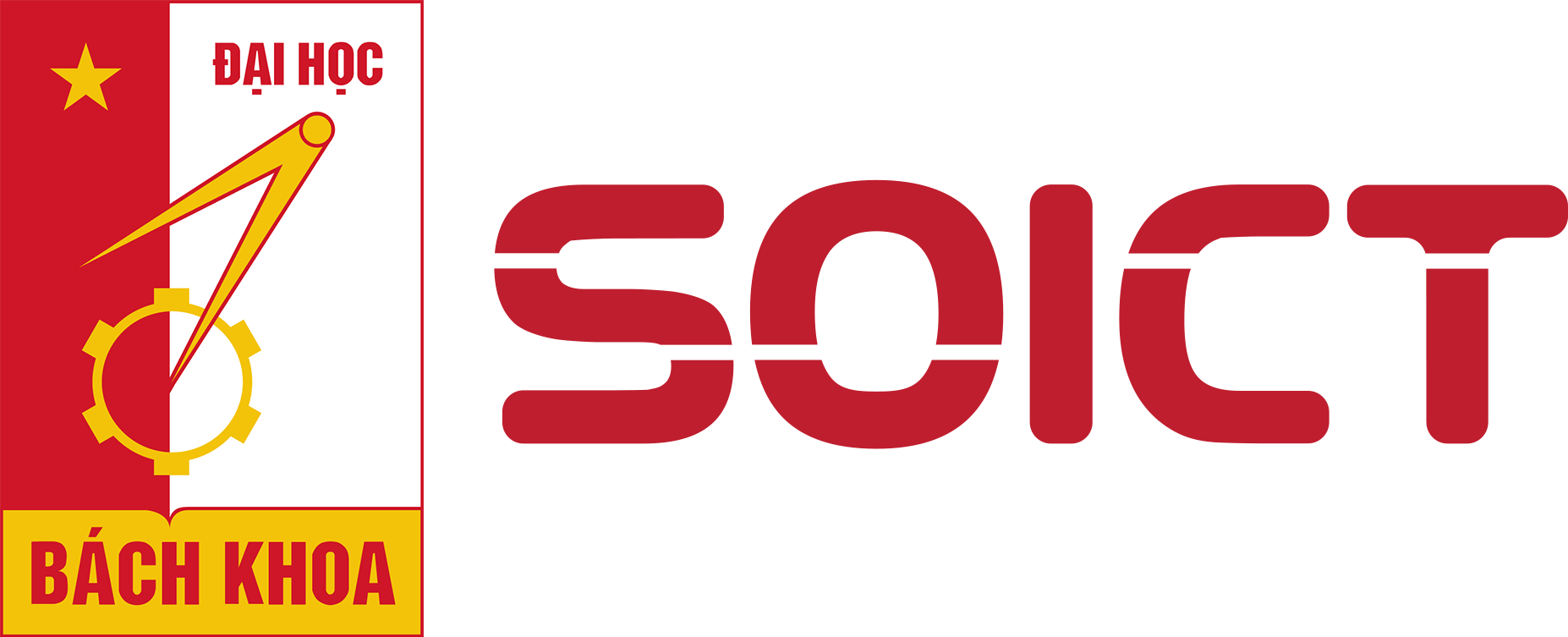
Ban Ha Bang
Associate Professor
Senior Lecturer, Department Of Computer Science
Ph.D. (Computer Science, Hanoi University of Science and Technology, 2015)
M.S. (Computer Science, Hanoi University of Science and Technology, 2008)
B.S. (Information Technology, Hanoi University of Science and Technology, 2006)
Email: bangbh@soict.hust.edu.vn; bang.banha@hust.edu.vn
Web: https://users.soict.hust.edu.vn/bangbh/
Research Areas
- Operations Research.
- Combinatorial Optimization.
- Machine learning.
- Soft Computing.
- Data analysis.
Research Interests
- Develop efficient algorithms for combinatorial optimization.
- Develop transfer learning techniques for multi-task optimization.
- Develop machine learning techniques for optimization.
- Develop AI techniques for data analysis.
Current Projects
- Developing metaheuristic techniques for solving optimization problems in distributed and software systems (funded by National Foundation of Science and Technology – NAFOSTED, Vietnam-Germany bilateral: 2017-2019).
- Transfer learning for combinatorial optimization problems (funded by Vingroup Innovation Foundation, 2022-2024).
- Developed a decision-support system for constructing optimal logistics routes that integrate unmanned aerial vehicles (UAVs) into healthcare service delivery and disaster relief supply chains (funded by the Ministry of Education and Training, 2023-2024).
Profile
Associate Professor Dr. Ban Ha Bang is currently a senior lecturer at the Faculty of Computer Science, School of Information and Communication Technology, Hanoi University of Science and Technology. His research interests include algorithms, operations research, soft computing, and data analysis. Associate Prof. Dr. Bang has published extensively in top-tier conferences and journals in the fields of combinatorial optimization, operations research, and soft computing. He also serves as a reviewer for various prestigious conferences and journals. He has participated in several research and development projects funded by the Ministry of Education and Training, Hanoi University of Science and Technology, the Asahi Foundation for international research collaboration, German Research Foundation (DFG), the Nafosted Fund, and the VinIF Innovation Foundation. Assoc. Prof. Dr. Bang has collaborated with some researchers at National Institute of Informatics (Japan), University of Kassel (Germany), RMIT University (Australia), and Chiba University (Japan) through projects funded by NAFOSTED, DFG, VinIF, and Asahi Foundation. In 2010, he and his research team were awarded first prize in the Vietnamese Talent Awards (Nhân Tài Đất Việt).
Publications
- DT. Anh, Ha-Bang BAN, Huynh Thi Thanh Binh, Cong Dao Tran, Pham Dinh Thanh, Multifactorial Evolutionary Algorithm with Nodedepth Encoding for Inter-Domain Path Computation Under Node-Defined Domain Uniqueness Constraint, Vol. 333, 2026.
- Ha-Bang BAN, Dang-Hai PHAM, A Multi-Population Multitasking Tabu Search with Variable Neighborhood Search Algorithm to Solve Post-Disaster Clustered Repairman Problem with Priorities, J. Applied Soft Computing, Vol. 170, 2025.
- Tung Nguyen, Tung Pham, Linh Ngo Van, Ha-Bang BAN, Khoat Than, Out-of-Vocabulary Handling and Topic Quality Control Strategies in Streaming Topic Models, J. Neurocomputing, Vol. 614, 2025.
- Ha-Bang BAN, DT. Anh, HTT. Binh, Cong Dao Chan, Su Nguyen Phan Bach, A Hybrid and Adaptive Evolutionary Approach for Multitask Optimization of Post-Disaster Traveling Salesman and Repairman Problems, J. Computers and Operations Research, Vol. 167, 2024.
- Ha-Bang BAN, A Metaheuristic for The Delivery Man Problem with Time Windows, J. Combinatorial Optimization, Vol. 41 (4), pp. 794-816, 2021.
Awards & Honours
- Awarded First Prize at the Vietnamese Talent Awards (Nhân Tài Đất Việt) in 2010 for the project titled “Human Thought Digitalization System”.
- Co-supervised students awarded Second Prize at the University-level Scientific Research Competition, 2013.
Teaching
- Operation Systems.
- Discrete Mathematics.
- Applied Algorithms.
- Scientific Computing.
